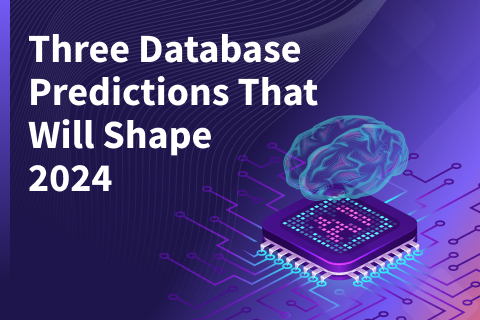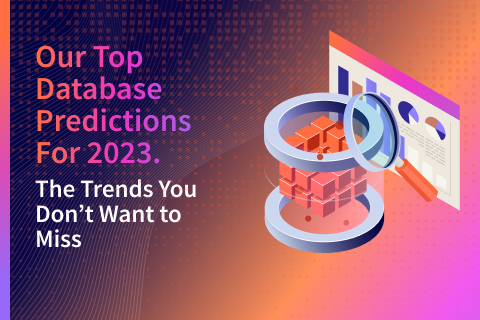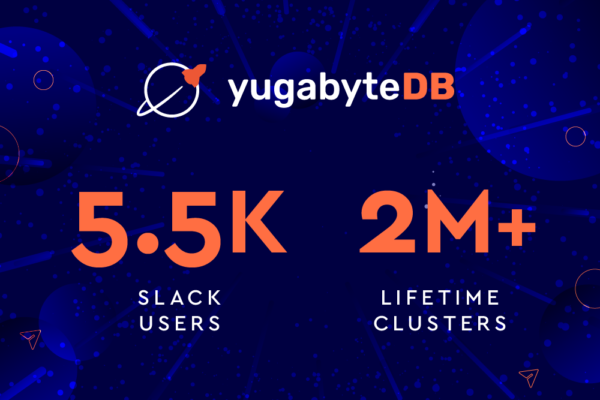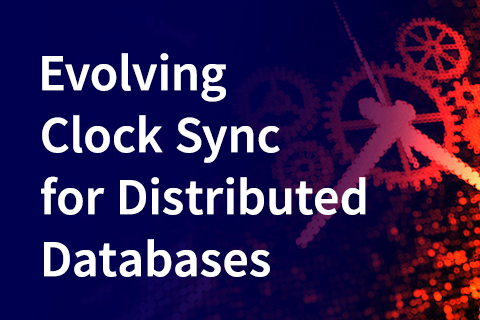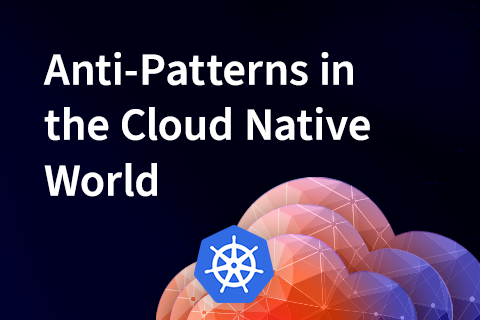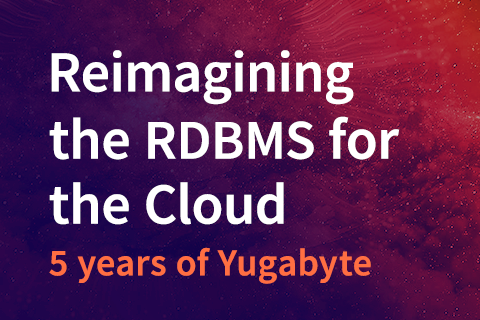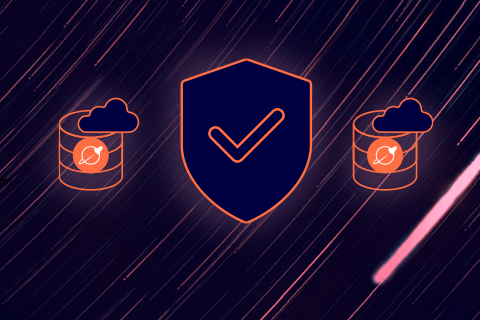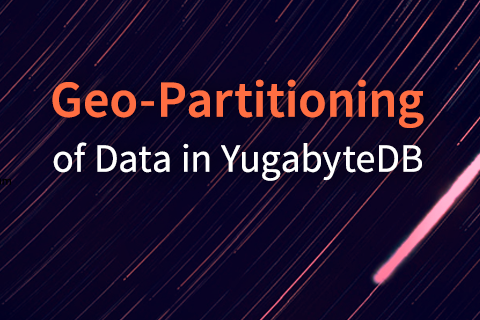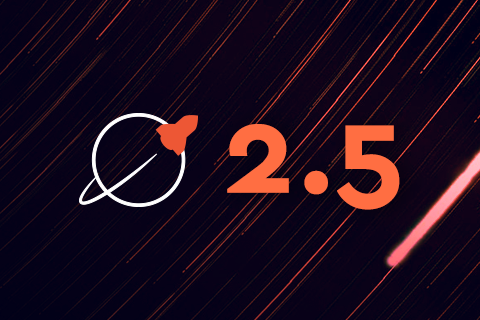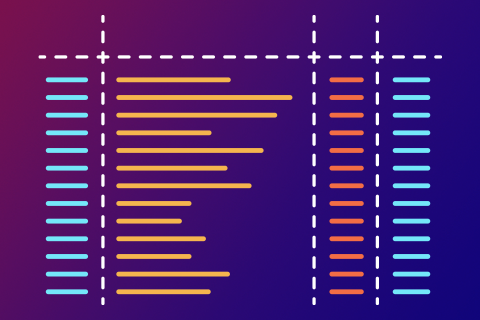Three Database Predictions That Will Shape 2024
In 2024, data management will be significantly impacted by AI advancements, increasing DBaaS adoption, and a shift towards private cloud usage. AI will enhance IT strategies and database performance, while DBaaS offers operational efficiency and private clouds provide cost-effective solutions for steady-state workloads.
